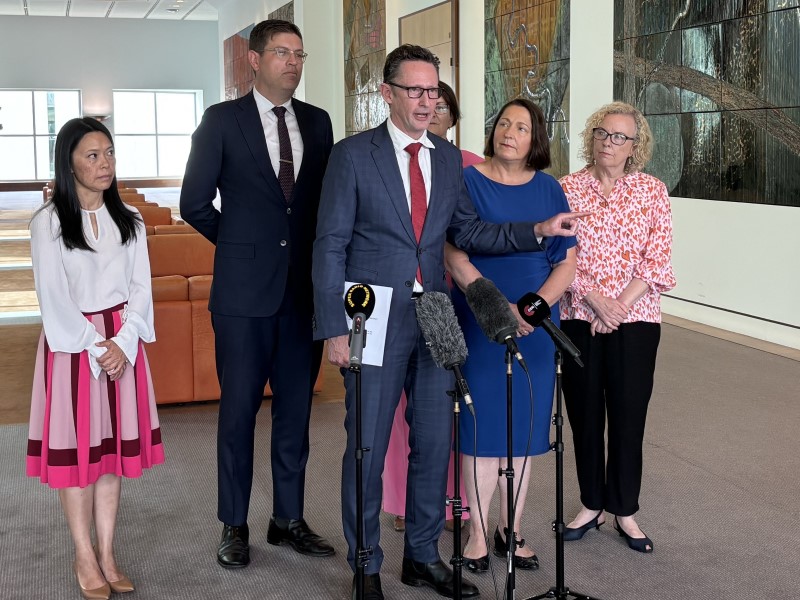Social media companies failing to fight scams on their platforms will be subject to fines of up to $50 million under a new framework brought before Parliament on Thursday.
Assistant Treasurer Stephen Jones has put social media companies “on notice”, with the proposed legislation to enable sector-specific mandatory scam codes and require consumers to have easy access to an internal dispute resolution mechanism.
The government has also committed to building a “a mandatory coordinated intelligence sharing ecosystem that requires timely reporting and information sharing across industry and government”, if the legislation passes.
Aside from social media companies, the government plans to designate banks and telcos as regulated entities.

Despite the arrival of a $58 million National Anti-Scam Centre within the ACCC, which the regulator earlier this year said has helped drive down scam losses, Australians still lost $2.74 billion to scams in 2023.
As the owner of the new code, the ACCC will regulate the Scam Prevention Framework, which outlines obligations under six principles: governance, prevent, detect, report, disrupt, and respond.
Sector-specific regulators like the Australian Securities and Investments Commission and the Australian Communications and Media Authority will also have monitoring and investigation powers under the framework.
The framework principles will require companies to measure the effectiveness of its scam prevention efforts, take “reasonable steps” to detect and disrupt scams and require scam intelligence be reported to the ACCC, among the other obligations.
The legislation will also enable the creation of a single external dispute resolution scheme for scam complaints that are unresolved through a company’s internal mechanism.
It is intended that the new framework apply to both Australian-based and overseas-based social media services offered in Australia.
However, entities can only be regulated if they meet the residency requirements – having some kind of physical operations or ‘carrying on business’ in Australia.
A Queensland Civil and Administrative Tribunal has previously ruled that X, formerly known as Twitter, is ‘carrying on business’ in the state given it earned revenue by “entering contracts with subscribers, earning revenue from advertisers in Queensland, and enabling advertisers to target Queensland subscribers”.
On Thursday, Mr Jones told journalists that the “laws of Australia don’t stop at the Internet, and when two out of every free scam starts on a social media platform, that’s not good enough”.
“We can’t fight this unless social media platforms do their bit. They are making billions of dollars in Australia. Meta made $6 billion in Australia alone last year…some of that money came from advertising scams,” Mr Jones said.
Mr Jones also expressed no immediate concern that the incoming Trump Administration would make it harder to regulate United States-based social media companies, despite X owner Elon Musk’s proximity to the 47th US president.
“I think right around the world, governments standing up and saying, if you’re operating a social media company in our country, doesn’t matter where the social media company is based, then you have an obligation to follow the laws of that country,” Mr Jones said.
Do you know more? Contact James Riley via Email.

